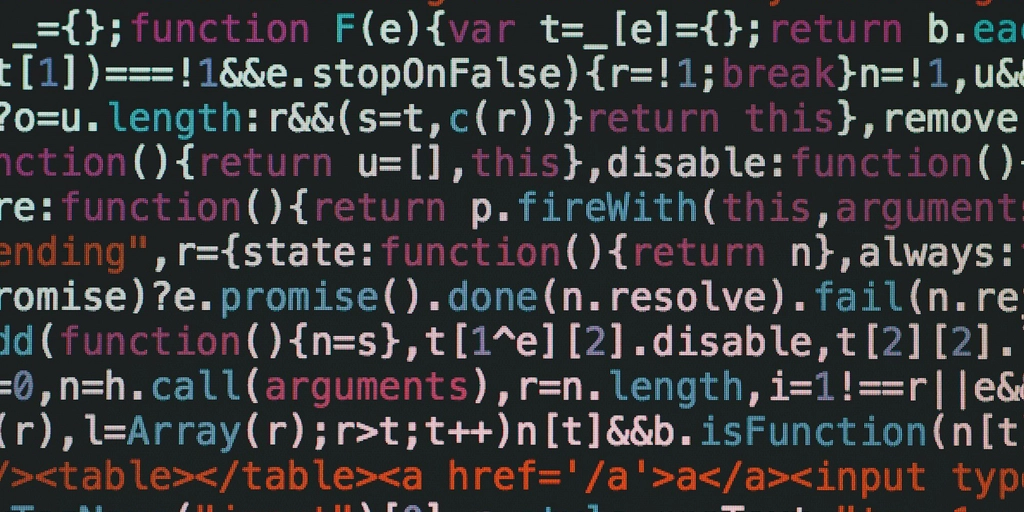
Could your emails be used as evidence?
In 2013, a US court found Apple guilty of conspiring to raise the retail price of e-books.
The company ended up having to pay $400 million back to consumers (while denying any wrongdoing).
Evidence shown in court included emails from Apple’s late co-founder, Steve Jobs.
“Those emails hurt Apple’s case.” (Reuters)
Later, in Spain, a court used an employee’s emails to show that the person had accepted a bribe from a company’s suppliers and had therefore been fairly dismissed.
More recently, in the UK, emails between a construction company and its suppliers have been cited in the ongoing Grenfell Inquiry.
The truth is, every day, emails serve as evidence in legal cases around the world. They are records of who said what to whom, when they said it, and what, if anything, was promised.
As US lawyer Alan Gassman writes, “e-mails [ . . . ] can be what will make or break a lawsuit or lead to a criminal prosecution or conviction.”
Email authenticity is essential for HR
Another lawyer, Gregory Thyberg, says: “Emails are often a rich source of evidence for employment law cases. Email is a direct form of communication that can show an employee was being treated unfairly or was facing harassing behavior. When an employee is wrongfully terminated, emails can also provide evidence that they had previously received positive feedback from supervisors, coworkers, or employers.”
But not all emails are evidential-grade, worthy of their day in court.
They first have to survive the scrutiny of forensic experts and be judged authentic.
And many are found to be fake.
Doctoring emails is easy
Unfortunately, it’s incredibly easy to change an email that’s been sent or received, including by faking the address.
If your business uses Microsoft Exchange on your premises or in the cloud, users can modify emails, either accidentally or maliciously, in their Outlook.
This happens a lot, too. Doctored emails abound. A few examples include:
- A councillor in Wigan, England, “was found to have deliberately altered an email to try to jeopardise a senior employee’s job.” (BBC)
- A businessman was convicted of fraud after using doctored emails to persuade Dragons' Den stars Theo Paphitis and Peter Jones that orders were pouring into his company. (Evening Standard)
- An ex-FBI lawyer pleaded guilty to changing an email the FBI relied on in order to get court approval to eavesdrop on a former Trump campaign aide. (AP News)
In our own experience as well, customers tell us of cases where their employees have altered emails before their companies came to us for a solution.
How to protect your business emails
One day, you might need to use an old email to support your case in a courtroom or employee tribunal.
So you’ll have to make sure it can be authenticated – that its sender and recipient were who you say they were, and that no part of the message or its header has been altered.
How can you do that?
Law firm Pinsent Masons recommends “taking steps to enhance the reliability of e-mail as court evidence, through the use of systems to manage e-mail that comply with good industry practice”.
A simple solution is Cryoserver email archiving software, from Forensic & Compliance Systems.
Cryoserver takes copies of every email sent or received by your business. It then encrypts and stores them in an independent, tamper-evident repository.
The integrity of your emails is assured. So, if you ever need them to make your case, you can be confident they’ll stand up in court.
Read
More

Most Trusted Email Archiving Tool 2019
For the fourth year running, we have won Most Trusted Email Archiving Tool. We are delighted to see…

Hybrid-Cloud: The 4th Industrial Revolution
When I participated in the Microsoft Future Decoded event on 1st November 2016, each speaker…

Log4J Vulnerability Announcement
UPDATE: 16/12/2021 1030hrsCryoserver is also not vulnerable to the…

How Long Should I Keep My Emails?
In the age of GDPR, email retention is an increasingly key aspect of an organisation’s data…

6 Practical Benefits of Email Archiving For FinTech
The financial industry is one of the most regulated sectors in business. With recent scandals in…
